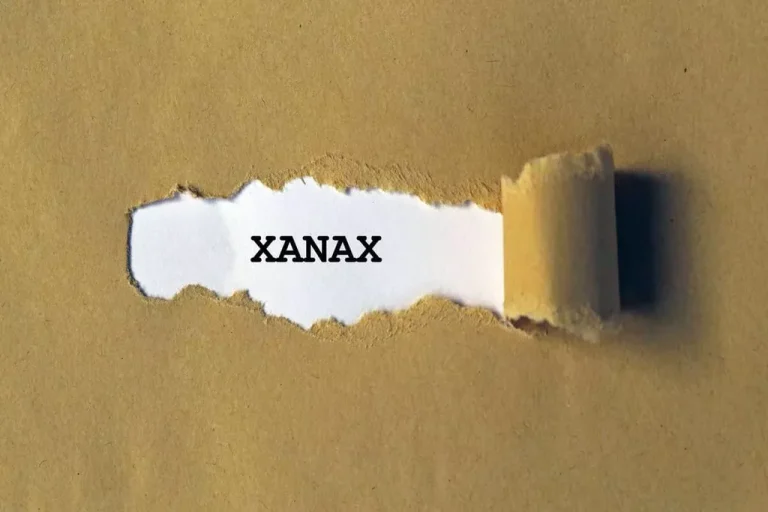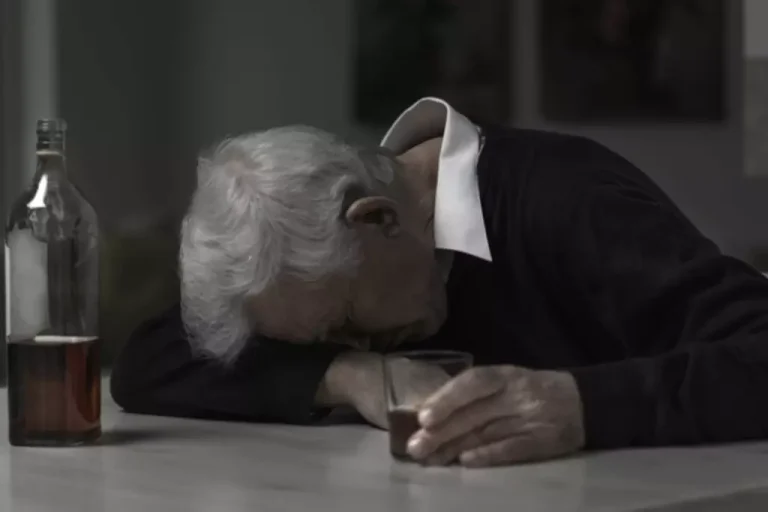
Unlike cocaine or heroin, alcohol is widely available and accepted in many cultures. It’s often at the center of social situations and closely linked to celebrations and enjoyment. If you do feel the urge to relapse, reach out to your therapist, sponsor or sober mentor (if applicable), a friend, or a family member. There’s no shame in having the urge to relapse, but telling someone sooner rather than later will allow them to get you the help you need. Matching the right therapy to the individual is important to its success. It may also be helpful to determine whether the treatment will be adapted to meet changing needs as they arise.
Does addiction last a lifetime?
Certain safe-substitute drugs, such as benzodiazepine, can only be administered in a hospital. Other drugs require supervision from a pharmacist or doctor. A detoxification is considered only part of the treatment, as it only deals with the physical dependency on alcohol. Three medications are currently approved in the United States to help people stop or reduce their https://ecosoberhouse.com/ drinking and prevent a return to drinking. These medications are prescribed by a primary care provider or other health care provider and may be used alone or in combination with counseling. When asked how alcohol problems are treated, people commonly think of 12-step programs or 28-day inpatient treatment centers but may have difficulty naming other options.
Levels of Care in Drug and Alcohol Addiction Treatment
- According to the NIAAA, around 700,000 people receive some form of alcoholism treatment every week in the United States.
- Care is integrated with patients’ other health care to improve treatment access, reduce costs, and promote better physical and mental health outcomes.
- “It’s not your duty to hide the results of their drinking so they avoid feeling any sort of embarrassment,” says Dr. Anand.
- At each of AAC’s treatment centers, a caring and compassionate addiction treatment team develops an individualized treatment plan for your loved one based on their needs.
- During the detox period is when many people experience alcohol withdrawal symptoms.
AUD is different to binge and problem drinking as it is an addiction and is a formal diagnosis that experts base on a set of symptoms. Friends and family members of people who have an alcohol addiction can benefit from professional support or by joining programs like Al-Anon. In order for treatment to work, the person with an alcohol addiction must want to get sober.
Mutual-Support Groups

Because AUD is a chronic, relapsing disorder, persistence is key. It is rare that someone would go to treatment once and then never drink again. More often, people try to quit or cut back over time, experience recurrences, learn from them, and then continue on their recovery journey. For many, continued follow-up with a treatment provider is critical for overcoming alcohol problems. The provider can help adjust the treatment plan and aid long-term recovery.
Working to stop alcohol use to improve quality of life is the main treatment goal. Looking for a quick “cure” for an alcohol addiction will likely not result in long-term success. Instead, those seeking recovery must commit to a treatment and aftercare plan designed by professionals.

- Finally, if you’ve tried self-help strategies and find yourself not able to fully quit drinking, it may be time to seek professional help.
- The evidence suggests that the free and flexible assistance provided by mutual-support groups can help people make and sustain beneficial changes and, thus, promote recovery.
- During the conversation, people may want to explain the effects that the person’s drinking behavior is having on themselves and others.
- An intervention from loved ones can help some people recognize and accept that they need professional help.
Others may want one-on-one therapy for a longer time to deal with issues like anxiety or depression. Alcohol use can have a big effect on the people close to you, so couples or family therapy can help, too. Alcoholism is a common and different term for alcohol use disorder. Milder cases — when people abuse alcohol but aren’t dependent on it — are as well. Alcohol causes changes in your brain that make it hard to quit.
The good news is that no matter how severe the problem may seem, most people with AUD can benefit from some form of treatment. Many others substantially reduce their drinking and report fewer alcohol-related problems. Many people struggle with controlling their drinking at some point in their lives. Millions can alcoholism be cured of adults in the United States have alcohol use disorder (AUD), and approximately 1 in 10 children live in a home with a parent who has AUD. Still, it can take five or more years before the risk of relapse drops below 15% — the level of risk that an average person has of developing a SUD in their lifetime.
What to Know About Alcohol Treatment
You will want to understand what will be asked of you in order to decide what treatment best suits your needs. Many of these symptoms can be life-threatening when severe. Take our free, 5-minute substance abuse self-assessment below if you think you or someone you love might be struggling with substance abuse. The evaluation consists of 11 yes or no questions that are intended to be used as an informational tool to assess the severity and probability of a substance use disorder. The test is free, confidential, and no personal information is needed to receive the result. So, take a step back and let them deal with the after-effects of their addictive behavior.







コメント
コメントはありません。